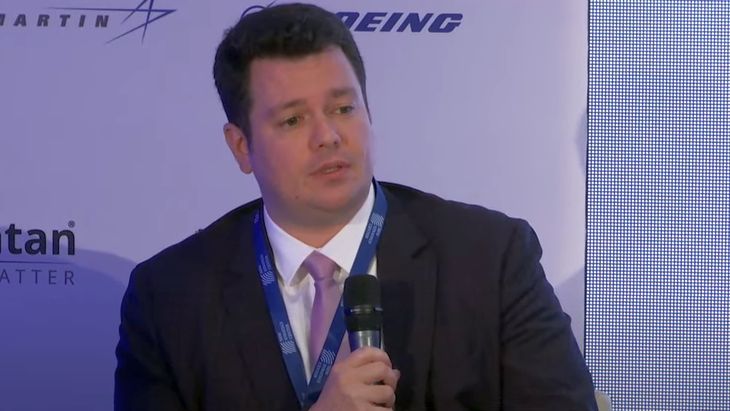The Republic of Moldova will conclude a PPA (Power Purchase Agreement) contract with Nuclearelectrica, in the context of the development of reactors 3 and 4 at Cernavodă, announced the Romanian Minister of Energy Virgil Popescu, during the Black Sea and Balkans Security Forum, which is currently taking place in Bucharest. “We want to supply the Republic of Moldova with electricity from Romania”, reinforced the official, who recalled the actions taken by Romania to strengthen “as much as possible and increasingly more the energy integration of the Republic of Moldova in the European Union”.
After Romania built the Iasi-Ungheni-Chisinau gas pipeline, it now aims to increase the volumes of natural gas that can be transited through it. “We want to directly connect the Republic of Moldova through a 400 kV Suceava-Bălți high-voltage network so that we can have direct electricity flows with the Republic of Moldova,” the minister said. The objective is for the Republic of Moldova to no longer depend on electricity coming from “unreliable sources”, the minister emphasized.
In an intervention in another session of the same event, the CEO of Nuclearelectrica (SNN) Cosmin Ghiță stated that SNN covers not only “almost 20% of Romania’s energy needs”, but also, “in times of crisis, up to 10% of the energy needs of the Republic of Moldova. From this point of view, added Ghiță, “Units 3 and 4, benefiting from a direct line to the interconnection point with the Republic of Moldova, can also represent support for our Moldovan partners. We will be able to provide more resilience, more clean energy and an alternate solution [that is not dependent on Russian gas] in terms of electricity production”.
Referring to the project of the new nuclear reactors at Cernavodă, the CEO of Nuclearelectrica welcomed the unanimous adoption in the Romanian Parliament of a support agreement, “a kind of division of responsibilities that very clearly separates the responsibility of the company from the responsibility of the institutions and advances the necessary governmental support.” “We are preparing to enter the next phase of the project”, continued Ghiță. “We have made the first steps to notify the European Commission and are having the preliminary discussions. We are about to complete the first evaluations regarding the cooling water and the viability of the existing structures for Units 3 and 4. We are preparing for the negotiation and signing of the EPC contract”, informed Cosmin Ghiță.
According to the calendar announced by the company, the preliminary works of Phase 1 of the EPC (Engineering, Procurement and Construction) contract will last 18-24 months. The last stage of the project will consist of carrying out the works for construction, assembly and commissioning, a process estimated to last between 69 and 78 months. Unit 3 is expected to be commissioned in 2030 and Unit 4 in 2031.
